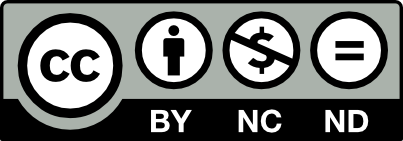Couples in court: the change in parental conflict and the false alligations
Abstract
In the field of Technical-Legal Consultancy, it is increasingly evident that the dispute over the custody of children is a way to destroy the partner. We are witnessing an evolution of the couple conflict where there is no negotiation but only the desire for privileged parenting to the detriment of the other parent. He is charged thus leading to the opening of criminal case against him, with consequent misrecognition of the child in a legal, physical and emotional sense. A tool through which destructive conflict can be enacted is represented by legal complaints, which in addition to achieving the stated goal, favor parental rejection in the child. What makes the legal complaint instrumental, even if grounded, is the adaption to legislative changes. Change the law, change the complaint. In this context of high conflict, any attempt at mediation becomes impossible and the concept of double parenthood is canceled. Thus, the satisfaction of the winner deprives the other parent of the child and the child of the parent, a child who, however, remains in a psychologically abusive context. The phenomenon of false accusations must not distance us from listening attentively and without prejudice; otherwise we will deny both the existence of violence within the couple relationships and the violence against children.
Downloads
Downloads
Published
Conference Proceedings Volume
Section
License
Copyright (c) 2021 Valentina Mercurio

This work is licensed under a Creative Commons Attribution-NonCommercial-NoDerivatives 4.0 International License.
Authors who publish in this journal agree to the following:
- Authors retain the rights to their work and give to the journal right of first publication of the work simultaneously licensed under a Creative Commons License - Attribution that allows others to share the work indicating the authorship and the first publication of this journal.
- Authors can accept other non-exclusive licensing agreements for the distribution of the published version of the work (eg. Deposit it in an institutional repository or publish it in a monograph), provided to indicate that the document was first published in this journal.
- Authors can spread their work online (eg. In institutional repositories or on their website) before and during the submission process, because it can lead to productive exchanges and increase the work published citations (See The Effect of Open Access) .





